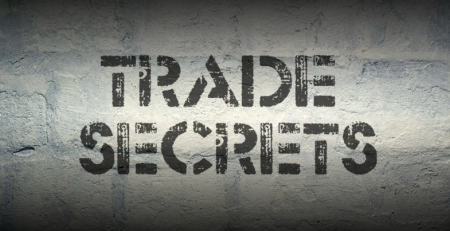The Significance of Legal Drafting
Introduction
The legal profession swears by the maxim, “verba volant, scripta manent” which means spoken words fly away, written words remain!
Legal drafting is the most important instrument of legal communication. The skill to draft well is the skill to think and communicate well. Therefore, it is important to recognise the purpose that a legal document has to serve. A legal document must be drafted in a way that it categorically specifies the legal issue, statements of the client and the remedies sought if any.
The Significance of Legal Drafting
Legal drafting is important as it ensures that the legal document is structured properly.
A succinctly drafted document clearly expresses its purpose and applicability.
Drafting skills embrace not only the ability to produce crisp documents but also to acquaint a layman with the intention of the legal document.
A Lawyer’s Skills
Drafting and legal writing skills are pivotal for a lawyer. Did you notice the mistake in that sentence? Even the smallest mistake can change the entire meaning of a sentence – an error in a legal document can cost a client his case, his transaction.
Legal drafting skills begin with having a strong command over the language. A lawyer must connect his words like pearls in a string! Legal documents must be that flawless and error-free.
A legal document, whether it is a contract, written statement, or an affidavit, serves two purposes- informing and engaging both the client, a counterparty and even the court about the legal issue. It becomes essential for lawyers to draft all legal documents with precision, to clearly depict all essential facts as well as engage a layman to its content.
A lawyer equipped with legal drafting skills can identify his target audience who is going to read the document. The content of a legal document must be understood by the audience who is reading it. For instance, a legal notice sent to the other party must not be full of legal jargons that the other party is disabled from understanding the legal issue and remedies sought from him.
Legal drafting skills are also important as they ensure that the legal document is structured properly. An unstructured document without balance lacks effectiveness. Overusing negative statements or an aggressive tone can make a document seem confrontational. A document free of such failures and errors is considered most authentic and effective.
Legal drafting skills also embody refraining from using legalese i.e. complicated legal phrases and jargon that is beyond the comprehension of a layman. The meaning and purpose of a legal document must be clear and simple. A legal document burdened with unnecessarily complicated terms loses its essence as its purpose becomes unclear.
Legal drafting must be concise. It does not mean that the crux and requisite statements are to be left out. A succinctly drafted document clearly expresses its purpose and applicability. Technical terms, on one hand, may assist to maintain the fidelity of a document, may not appeal, or intrigue the mass audience. A complicated document with heavy with legal jargons would go over the head of a client.
Legal drafting skills also include the art of drafting authentic documents rather than using template format for every contract or notice drafted, it must be written to fit the case or purpose and therefore bespoke on a case-by-case basis.
This makes conducting legal research before drafting a document, one of the skills required to draft pristine documents. Legal research is essential to construct a background and basis structure of a legal document and enables the court to relate to its content effortlessly.
What We Do
Trained to draft and review documents effectively, our services include the following types of legal drafting:
- Agreements (consultancy, franchising, licensing, sale and purchase, memorandums of understanding, shareholders’’ agreement, partnership agreement, indemnity agreements)
- Confidentiality (non-disclosure agreements)
- Deeds (trust deeds, transfers of properties, mortgages)
- Employment (employment contracts, termination)
- Rent/Lease (rental agreement, lease agreements)
- Intellectual Property (transfer and assignment of IP rights, licensing, franchising)
- Immovable Property (sale and purchase, transfers)
If you wish to speak to a member of our firm, connect with us by clicking here:








Leave a Reply